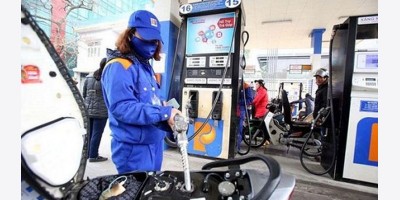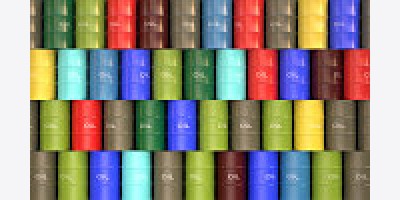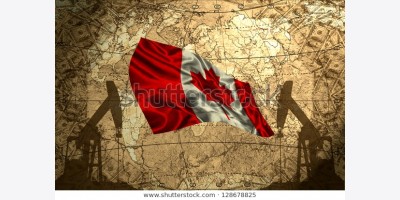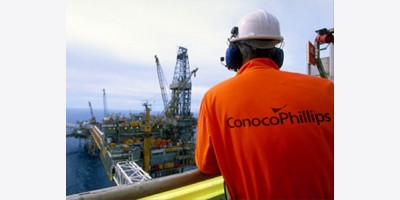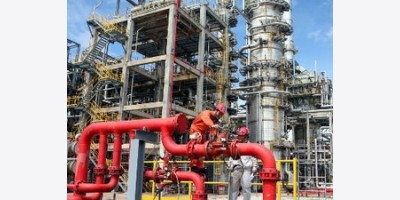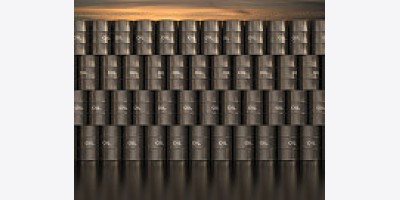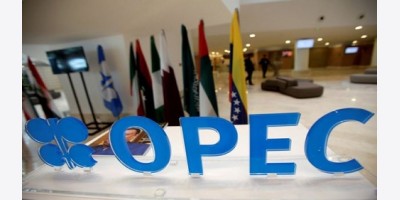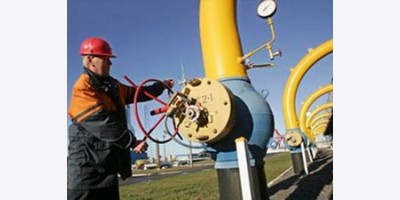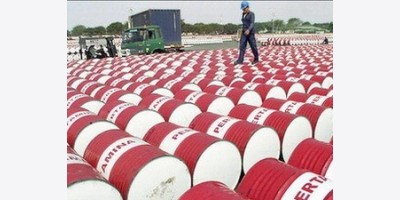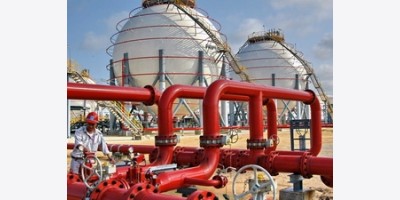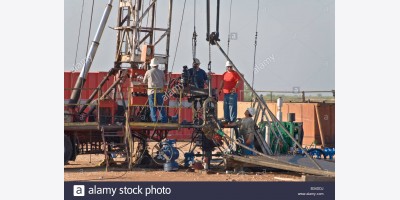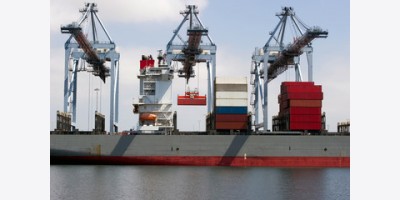By Bloomberg
HRT Participacoes em Petroleo SA, the Brazilian oil explorer that failed to find commercially viable deposits in Namibia, is looking for partners to continue exploration in the southern African nation.
HRT, which has 10 exploration blocks in Namibia, made a sub-commercial discovery when drilling to 5.7 kilometers (3.5 miles) at Wingat-1 after failing to find crude at two other wells. That has cost the Rio de Janeiro-based company more than $300 million, said Marcio Mello, a geologist who founded HRT in 2008.
“We are looking for potential partners to carry out exploration with us,” Mello said yesterday in an interview in Windhoek, Namibia’s capital. “HRT has spent a lot of money in Namibia on the three wells and now is the time to de-risk.”
Namibia has attracted attention from the world’s biggest oil companies even after at least 18 wells failed to find commercial deposits of crude. Explorers such as BP Plc (BP/) and Chariot Oil & Gas (CHAR) Ltd. have snapped up assets on a bet that the nation’s coastal shelf may mirror that of Brazil across the Atlantic, while Royal Dutch Shell Plc (RDSA) announced in February it was taking over two exploration blocks in the Orange Basin.
Namibia neighbors Angola, Africa’s second-biggest oil producer.
HRT wants to find a partner before it drills its Meerkat-1 well next year, said Mello, adding that Wingat-1 shows there is oil in Namibia.
Excellent Prospect
“Now is the time drill, but we will have to do it with partners,” Mello said. Meerkat-1 “is an excellent prospect. The challenge is linking source rock to reservoir,” he said.
HRT believes there are similar petroleum systems in Namibia to those of Brazil’s Cuanza, Campos and Santos Basins, he said.
HRT raised $1.5 billion through a 2010 share sale and said its acreage in the Amazon could hold “super giant” deposits of light oil, helping the company’s market value surge to 10.1 billion reais ($4.5 billion) on March 17, 2011. Instead, it found natural gas, which is more expensive to transport and worth less than oil, and the company’s stock has slumped.
To contact the reporter on this story: Felix Njini in Windhoek at fnjini@bloomberg.net
To contact the editors responsible for this story: Antony Sguazzin at asguazzin@bloomberg.net Dylan Griffiths, Dulue Mbachu




